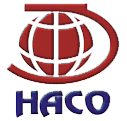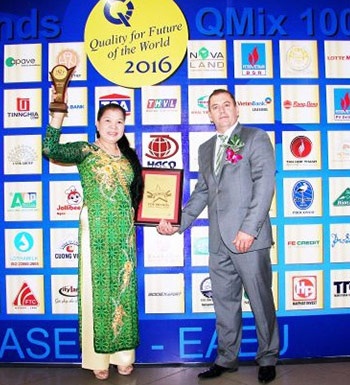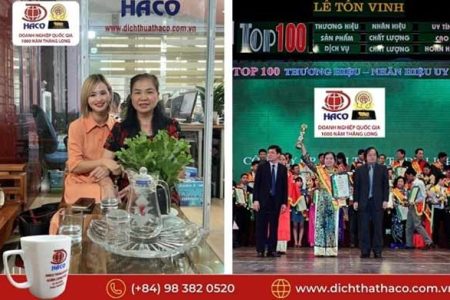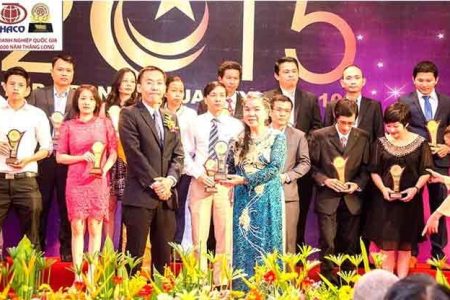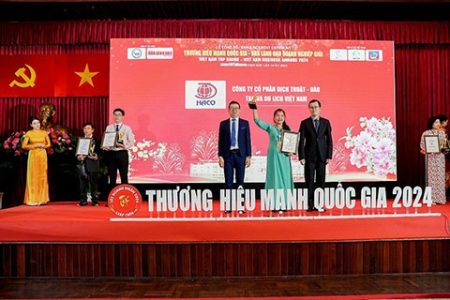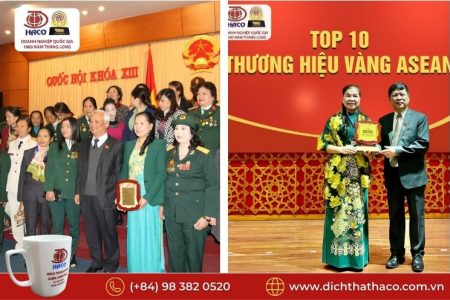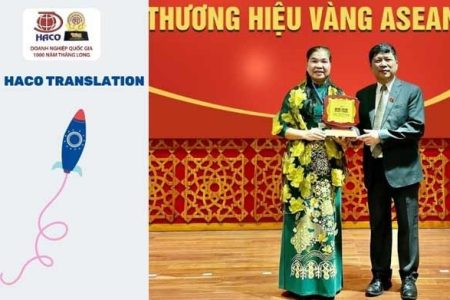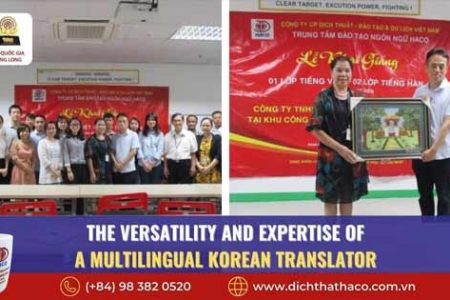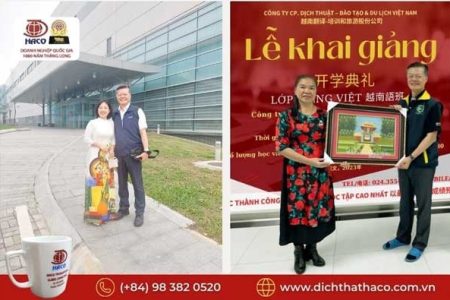"Unlock the Power of Chinese Translation - Unlock Your World!"
What is Chinese translation?
Chinese translation is an important part of international communication. It is a complex process that requires a deep understanding of both the source language and the target language. Chinese translation is a challenging task due to the complexity of the language, its many dialects, and its unique writing system. It is important to have a professional translator who is familiar with the nuances of the language and culture in order to ensure accuracy and clarity in the translation. With the right translator, Chinese translation can be a powerful tool for bridging cultural and linguistic gaps.
The Benefits of Localizing Chinese Content for Global Audiences
Localizing Chinese content for global audiences can be a powerful tool for businesses and organizations looking to expand their reach and engage with new customers. By localizing Chinese content, businesses can ensure that their message is accurately conveyed to their target audience, while also increasing their visibility in the global marketplace. Here are some of the key benefits of localizing Chinese content for global audiences.
1. Improved Understanding: Localizing Chinese content for global audiences ensures that the message is accurately conveyed and understood by the target audience. By using language and cultural references that are familiar to the target audience, businesses can ensure that their message is understood and appreciated.
2. Increased Visibility: Localizing Chinese content for global audiences can help businesses increase their visibility in the global marketplace. By making their content available in multiple languages, businesses can reach a wider audience and increase their chances of success.
3. Increased Engagement: Localizing Chinese content for global audiences can help businesses engage with their target audience more effectively. By using language and cultural references that are familiar to the target audience, businesses can create a more personal connection with their customers and increase their engagement.
4. Improved Brand Image: Localizing Chinese content for global audiences can help businesses create a positive brand image. By using language and cultural references that are familiar to the target audience, businesses can create a more positive and professional image that will help them stand out from the competition.
Localizing Chinese content for global audiences can be a powerful tool for businesses and organizations looking to expand their reach and engage with new customers. By using language and cultural references that are familiar to the target audience, businesses can ensure that their message is accurately conveyed and understood, while also increasing their visibility in the global marketplace.

The Impact of Cultural Differences on Chinese Translation
The impact of cultural differences on Chinese translation is significant and far-reaching. As a language with a long and complex history, Chinese has evolved to encompass a wide range of cultural nuances and expressions. As a result, the process of translating Chinese into other languages can be challenging and requires a deep understanding of the cultural context in which the text was written.
When translating Chinese, it is important to consider the cultural context of the text. This includes the cultural values, beliefs, and customs of the Chinese people. For example, certain words or phrases may have different meanings in different contexts. For example, the Chinese phrase “bu yao” can mean “no” in one context, but “please” in another. It is important to understand the cultural context in order to accurately translate the phrase.
In addition, the use of idioms and proverbs is common in Chinese. These phrases often contain cultural references that may not be easily understood by non-native speakers. For example, the Chinese phrase “yi qian wan bai” literally translates to “a thousand pieces of gold” but is used to refer to a great fortune. A translator must be aware of these cultural references in order to accurately convey the meaning of the text.
Finally, the use of honorifics is an important part of Chinese culture. Honorifics are used to show respect and deference to someone of higher status. For example, the Chinese phrase “xian sheng” is used to refer to an older man. A translator must be aware of these honorifics in order to accurately convey the meaning of the text.
In conclusion, the impact of cultural differences on Chinese translation is significant. Translators must be aware of the cultural context of the text in order to accurately convey the meaning. They must also be aware of the use of idioms and proverbs, as well as honorifics, in order to accurately convey the meaning of the text. By understanding the cultural context of the text, translators can ensure that their translations are accurate and meaningful.
The Role of Technology in Chinese Translation
Technology has become an integral part of the Chinese translation process. It has revolutionized the way Chinese is translated, making the process faster, more accurate, and more efficient.
The most important technology used in Chinese translation is machine translation (MT). This technology uses algorithms to translate text from one language to another. It is especially useful for translating large amounts of text quickly. MT is not perfect, however, and it is important to use a human translator to review the output of the machine translation to ensure accuracy.
Another important technology used in Chinese translation is computer-assisted translation (CAT). This technology uses translation memory software to store previously translated words and phrases. This allows the translator to quickly access previously translated material, which can save time and improve accuracy.
In addition to these technologies, there are also a number of online tools available to help with Chinese translation. These tools include dictionaries, grammar checkers, and language learning programs. These tools can be used to quickly look up words and phrases, check grammar, and learn new words and phrases.
Finally, there are a number of online translation services available. These services allow users to submit text to be translated by a professional translator. This can be a great option for those who need a quick and accurate translation.
Overall, technology has revolutionized the Chinese translation process. It has made the process faster, more accurate, and more efficient. By using the right combination of technologies, translators can ensure that their translations are of the highest quality.
The Challenges of Translating Chinese Idioms and Slang
Translating Chinese idioms and slang can be a challenging task for even the most experienced translators. Chinese idioms and slang are often used to express complex ideas and emotions in a concise manner, making them difficult to accurately convey in another language.
Chinese idioms are often derived from ancient stories and proverbs, and they are used to express a wide range of concepts. For example, the phrase “一言既出,駟馬難追” (yī yán jì chū, sì mǎ nán zhuī) literally translates to “once the word is out, it’s hard to catch up with four horses”. This phrase is used to express the idea that once something is said, it cannot be taken back. Translating this phrase into another language requires an understanding of the cultural context and the ability to find an equivalent phrase that conveys the same meaning.
Slang is another challenge for translators. Slang is often used to express emotions or ideas in a casual manner, and it is constantly evolving. For example, the phrase “拼了” (pīn le) is used to express determination or perseverance. This phrase is derived from the word “拼” (pīn), which means “to fight” or “to struggle”. Translating this phrase into another language requires an understanding of the cultural context and the ability to find an equivalent phrase that conveys the same meaning.
In conclusion, translating Chinese idioms and slang can be a difficult task for even the most experienced translators. It requires an understanding of the cultural context and the ability to find an equivalent phrase that conveys the same meaning.
Here are 5 things to keep in mind when translating Chinese:
- Pay attention to the word order: Chinese word order is different from that of English. In Chinese, the subject comes before the verb, while in English, the subject comes before the verb. Make sure to rearrange the words in the target language to make the translation sound natural.
- Understand the context: Chinese is a contextual language, and many words can have different meanings depending on the context. Make sure you fully understand the meaning of the sentence and the context in which it is used before translating.
- Take note of the tone marks: Chinese uses tonal marks to indicate the tone of a word. These tones can change the meaning of a word, so make sure to pay attention to them when translating.
- Be aware of idioms and cultural references: Chinese has many idioms and cultural references that may not translate directly into English. It is important to understand the meaning behind these expressions in order to accurately convey the intended message.
- Check for character ambiguity: Some Chinese characters may have multiple meanings, and it is important to determine the correct meaning in the context of the sentence. Make sure to double-check the characters to avoid ambiguity in the translation.

See more :
LIST OF COMPANIES WITH TYPICAL TRANSLATION PROJECT CONTRACTS
BREAKING THE LANGUAGE BARRIER: THE IMPORTANCE OF PROFESSIONAL KOREAN TRANSLATION SERVICES
LOST IN TRANSLATION: NAVIGATING MARRIAGE REGISTRATION IN A FOREIGN LANGUAGE
The Benefits of Professional Chinese Translation Services
Professional Chinese translation services provide a number of benefits to businesses and individuals alike. By utilizing the services of a professional translator, businesses can ensure that their documents, websites, and other materials are accurately translated into Chinese. This can help to ensure that their message is accurately conveyed to their target audience.
One of the primary benefits of professional Chinese translation services is accuracy. Professional translators are highly trained and experienced in the nuances of the Chinese language. They understand the complexities of the language and are able to accurately translate documents and other materials into Chinese. This ensures that the message is accurately conveyed and that the intended meaning is not lost in translation.
Another benefit of professional Chinese translation services is speed. Professional translators are able to quickly and accurately translate documents and other materials into Chinese. This can help to ensure that businesses are able to quickly and accurately communicate with their target audience.
Professional Chinese translation services also provide businesses with access to a wide range of resources. Professional translators are able to access a variety of resources, such as dictionaries, glossaries, and other reference materials, to ensure that their translations are accurate and up-to-date. This can help to ensure that businesses are able to effectively communicate with their target audience.
Finally, professional Chinese translation services can help to ensure that businesses are able to effectively market their products and services to their target audience. Professional translators are able to accurately translate marketing materials into Chinese, ensuring that the message is accurately conveyed and that the intended meaning is not lost in translation. This can help to ensure that businesses are able to effectively reach their target audience and increase their sales.
Overall, professional Chinese translation services provide a number of benefits to businesses and individuals alike. By utilizing the services of a professional translator, businesses can ensure that their documents, websites, and other materials are accurately translated into Chinese. This can help to ensure that their message is accurately conveyed to their target audience and that their marketing materials are effectively translated into Chinese. In addition, professional Chinese translation services can help to ensure that businesses are able to quickly and accurately communicate with their target audience and effectively market their products and services.
HACO is a well-known brand in the fields of translation, education, and tourism for many years. With the working motto of "The Best Quality, The Most Competitive Price, The Fastest Speed, and Absolute Security", HACO has satisfied all demanding customers with their projects in terms of efficiency, time, and quality.
Over the years of experience, by working seriously, reputable, professionally, with experience formed through the depth of economic contracts, HACO has been promoted on the media: 1081; Hanoi Yellow Pages - (yellowpagesvn); and on the websites of some major newspapers.
In the field of translation, a specialization of products with difficult-to-express intellectual properties at many different levels, HACO has translated many different languages: English, French, German, Russian, Romanian, Bulgarian, Hungarian, Chinese, Japanese, Korean, Thai, Laos, Cambodia, Spain, Portugal, Dutch, Finland, Sweden, Denmark, Norway, Arabic, Italy, Belgium, Sweden,... Two-way translation from English to German, English to French, English to Chinese, English to Japanese, etc. In any situation, HACO always conveys accurately and appropriately to the content of each document to meet the requirements of individuals and units of high professionalism and always ensure the prescribed time. HACO is rated by customers as the best quality translation.
To do this, HACO always has a network of professional collaborators throughout the provinces and cities in the country and abroad. Collaborators are professors, doctors, lecturers in universities, embassies and diplomatic corps, research institutes, foreign experts with high expertise and specialization. They are passionate and always eager to work with the highest quality and efficiency. With this team of collaborators, HACO always meets large translation contracts that require the best quality and fastest completion time.
HACO always brings customers optimal language solutions, helping them overcome language barriers in the most convenient and effective way.
In the field of education, grasping the development trend of integration, HACO has built a Vietnamese Language Teaching Center for foreigners for many years. With the method of teaching Vietnamese through the language of the learner, the HACO Vietnamese Language Teaching Center has attracted a large number of foreign students from different countries: England, France, Germany, Russia, China, Korea, and so on.
HACO TRANSLATION COMPANY – THE 1ST PRESTIGIOUS TRANSLATION SERVICE PROVIDER IN VIETNAM

COME WITH HACO TO FEEL THE DIFFERENCE AND COMPARE;
YOU WILL SEE THE BRAND WORTHY TO CHOOSE
20 years of accompanying enterprises
